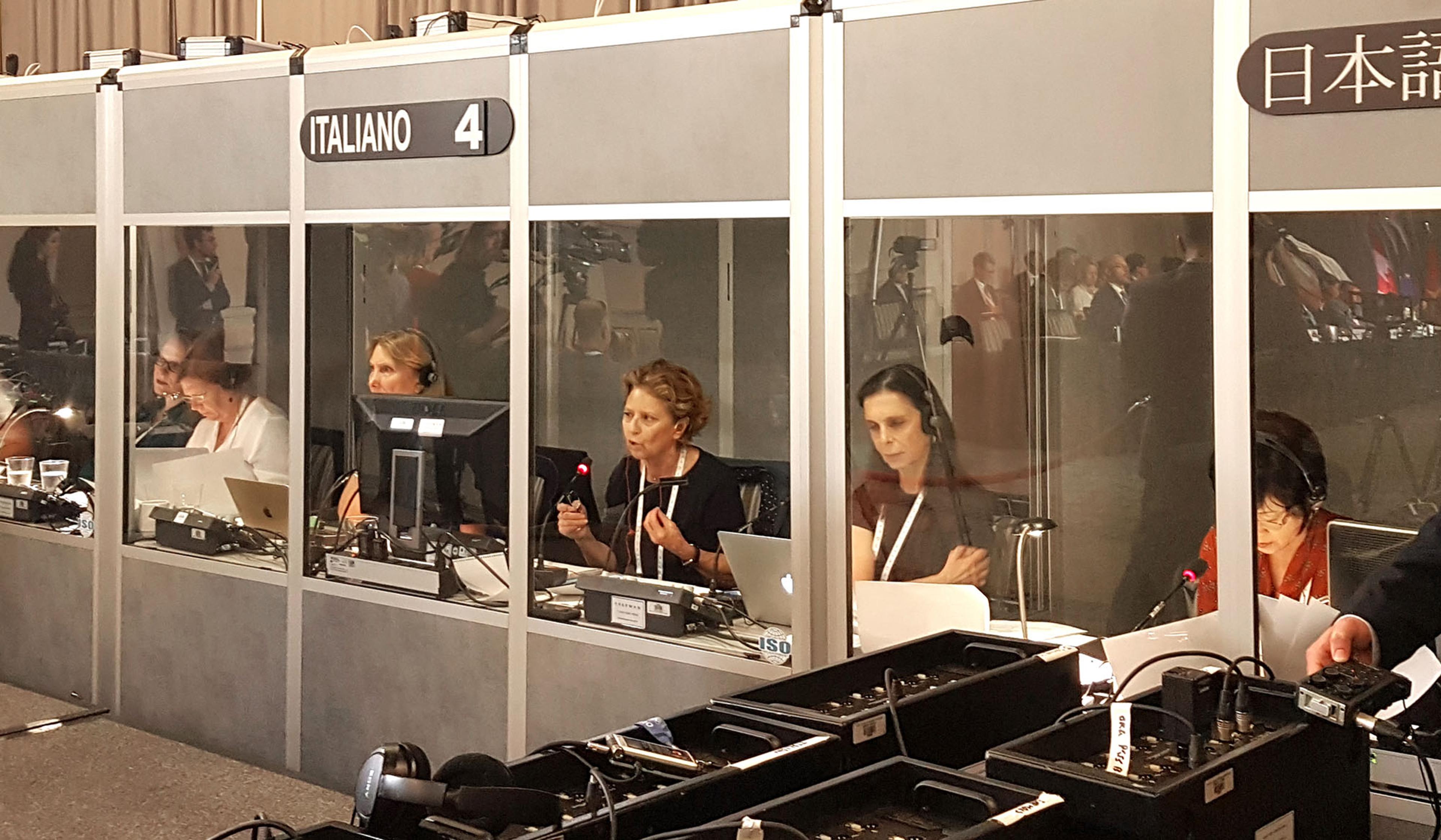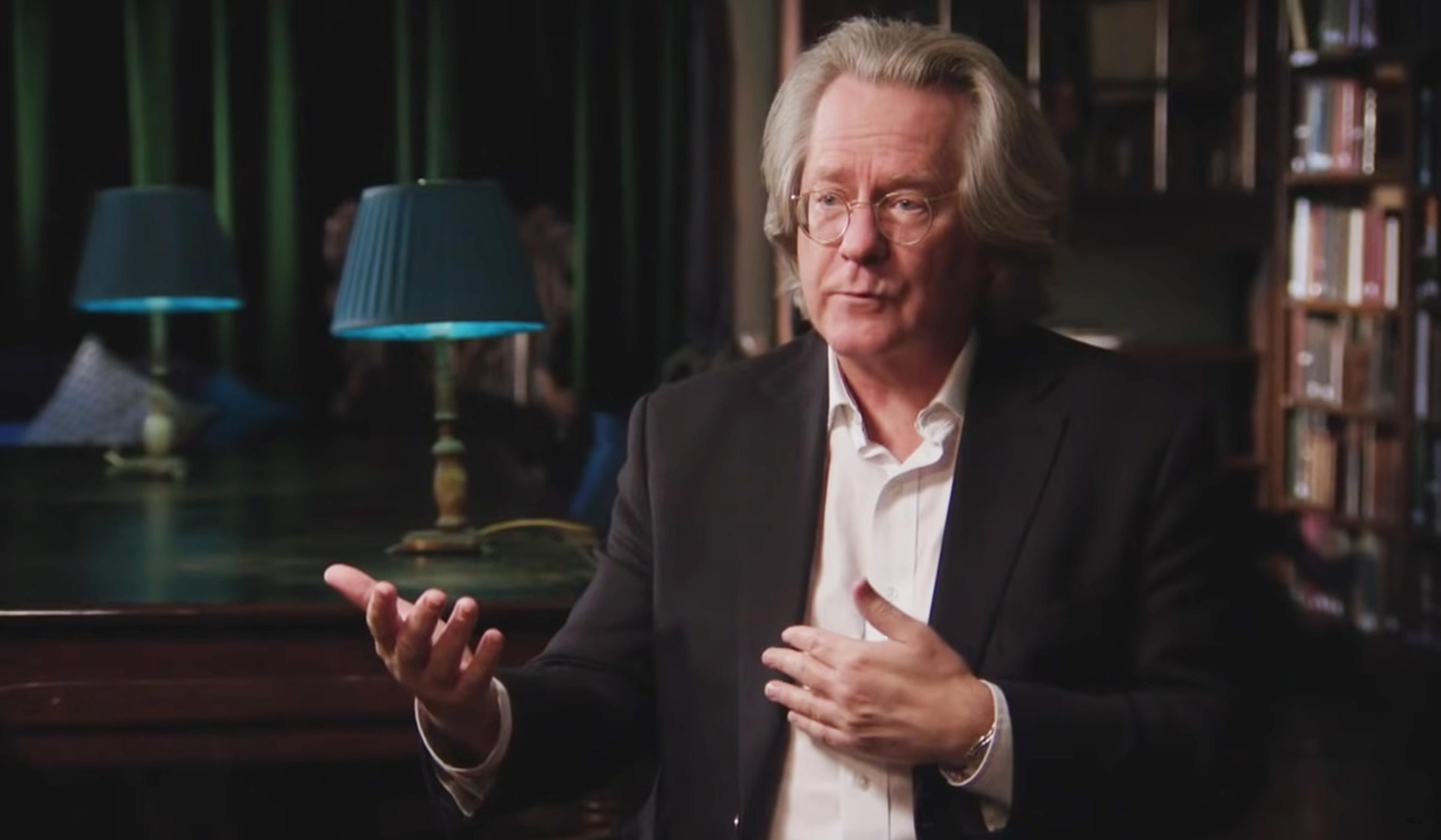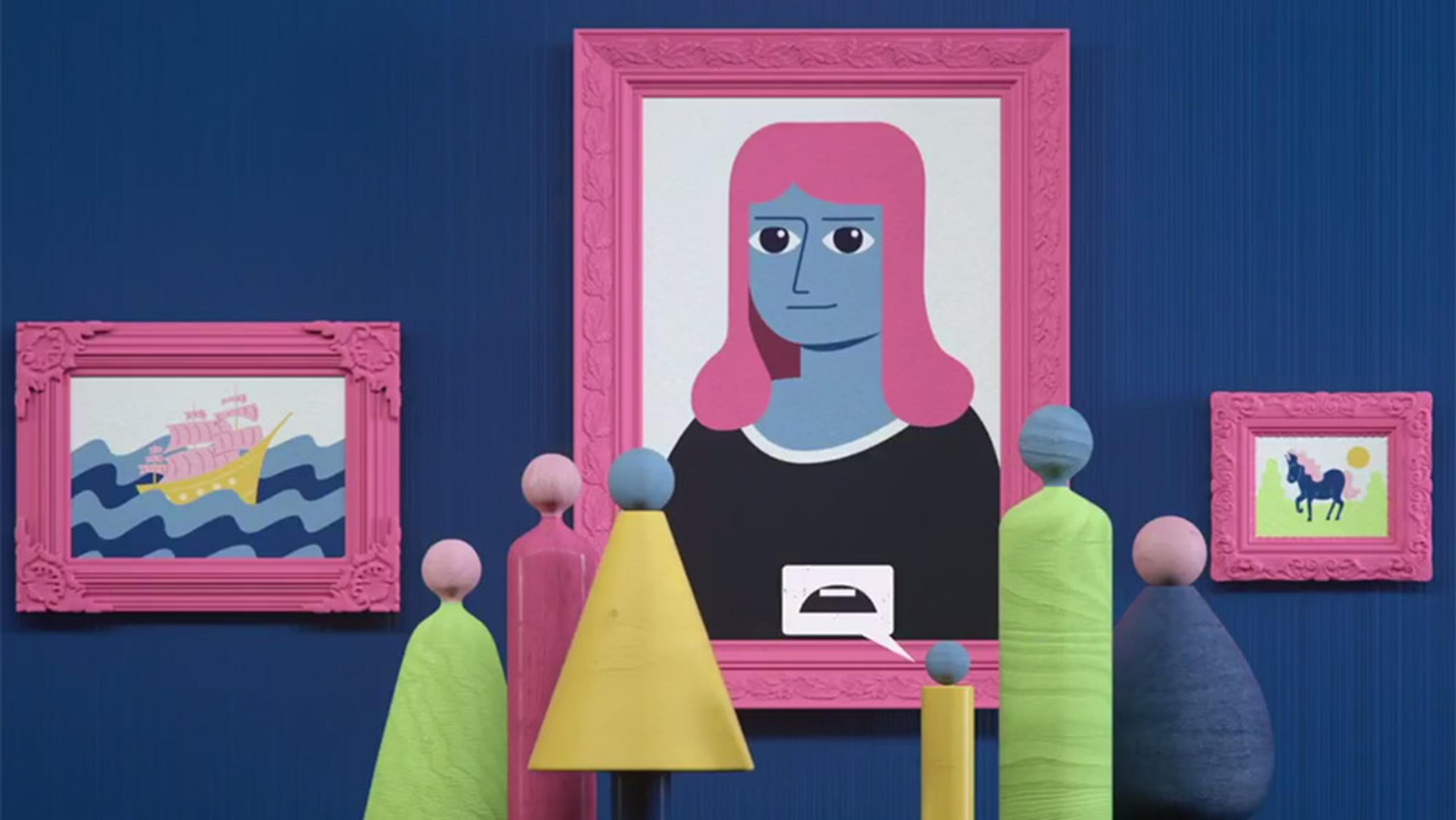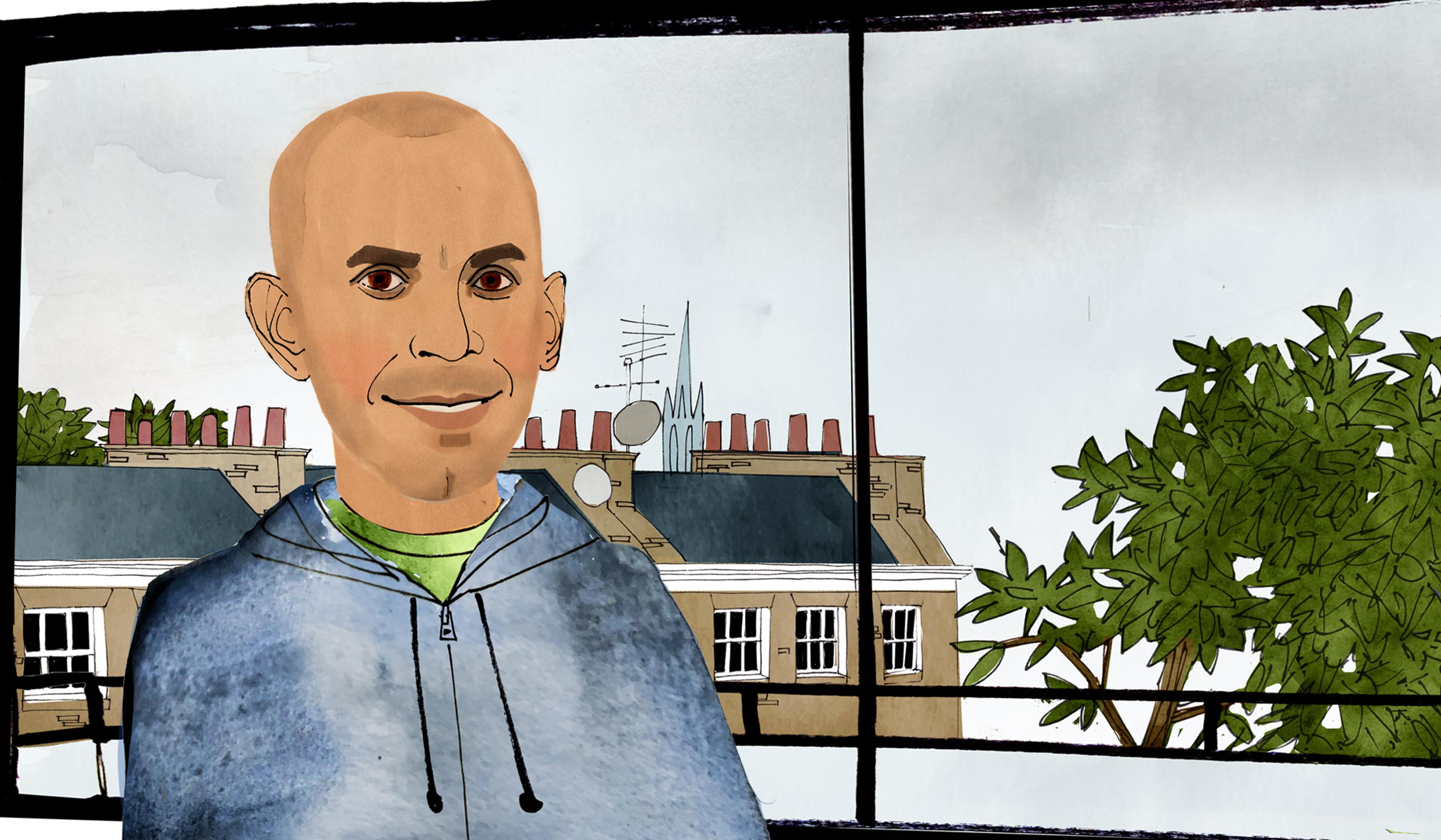We can never fully access another person’s perspective, but to what extent do our individual private experiences matter when it comes to language and shared understanding? According to the early 20th-century Austrian-British philosopher Ludwig Wittgenstein, the answer is ‘not at all’. A distilled rendering of Wittgenstein’s so-called ‘private language argument’, Wittgenstein’s Beetle in the Box Analogy explains why he believed that the meaning behind language inevitably lay in our shared understanding, and not in our private minds, because we simply can’t access each other’s experiences or sensations.
Does the meaning of words rest in our private minds or in our shared experience?

videoPhilosophy of language
For Ludwig Wittgenstein, language is a game, but not a frivolous one
43 minutes

videoKnowledge
Can you know everything about colour if you see in black and white? A thought experiment
5 minutes

videoMetaphysics
Is the question ‘Why is there something instead of nothing?’ even worth asking?
9 minutes

videoHistory of ideas
I am, therefore I think – how Heidegger radically reframed being
13 minutes

videoNeuroscience
On the ‘beholder’s share’ – how past experience influences our perception of art
5 minutes

videoEthics
Plato saw little value in privacy. How do his ideas hold up in the information age?
5 minutes

videoHistory of ideas
Splitting the truth: the philosopher that physics forgot
4 minutes

videoPhilosophy of mind
Anil Seth on why our senses are fine-tuned for utility, not for ‘reality’
10 minutes

videoPhilosophy of mind
‘Minds have always been outside themselves’: Raymond Tallis on extended cognition
9 minutes